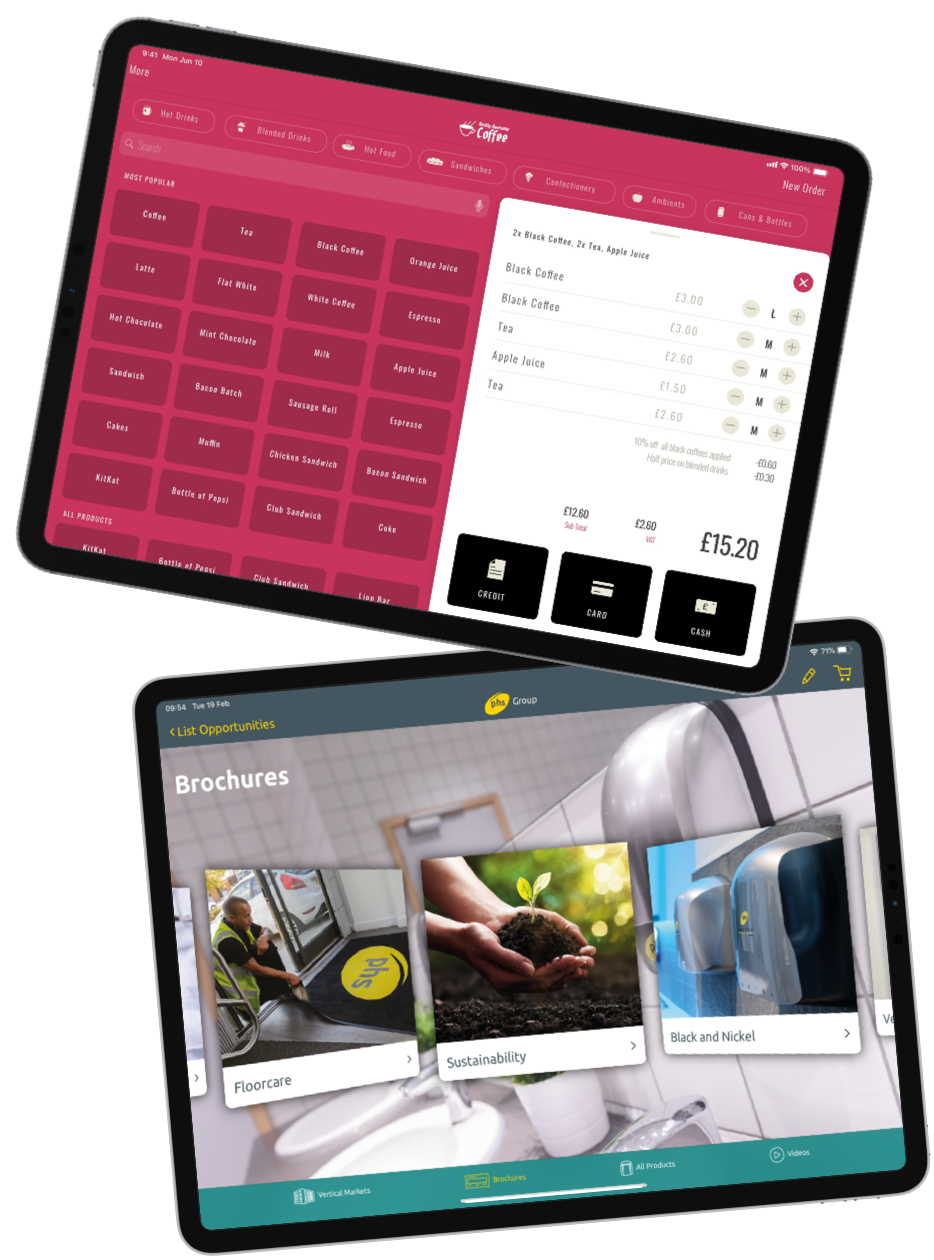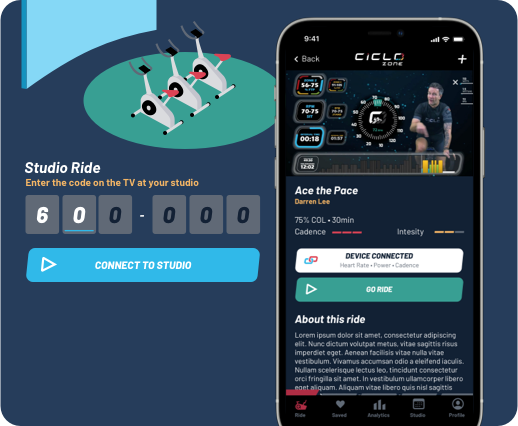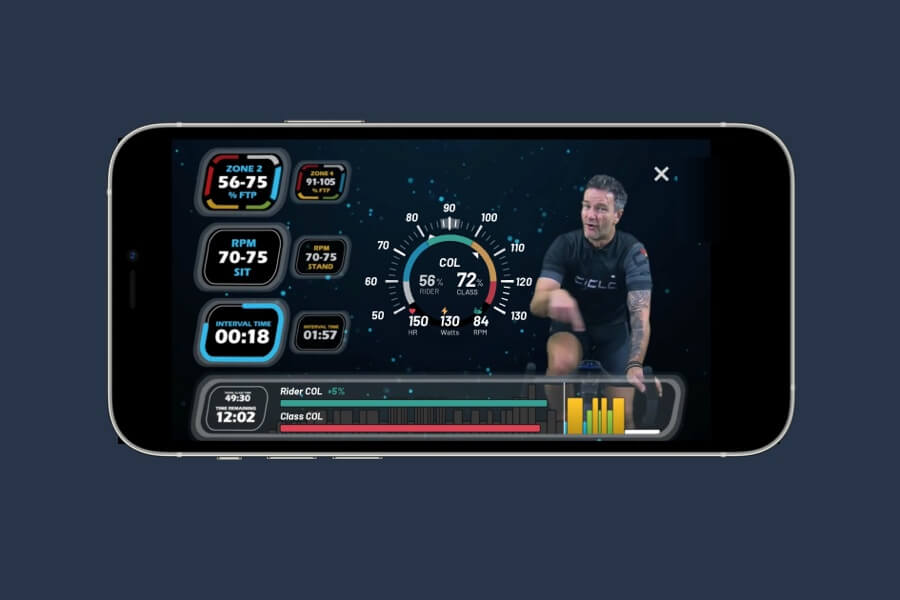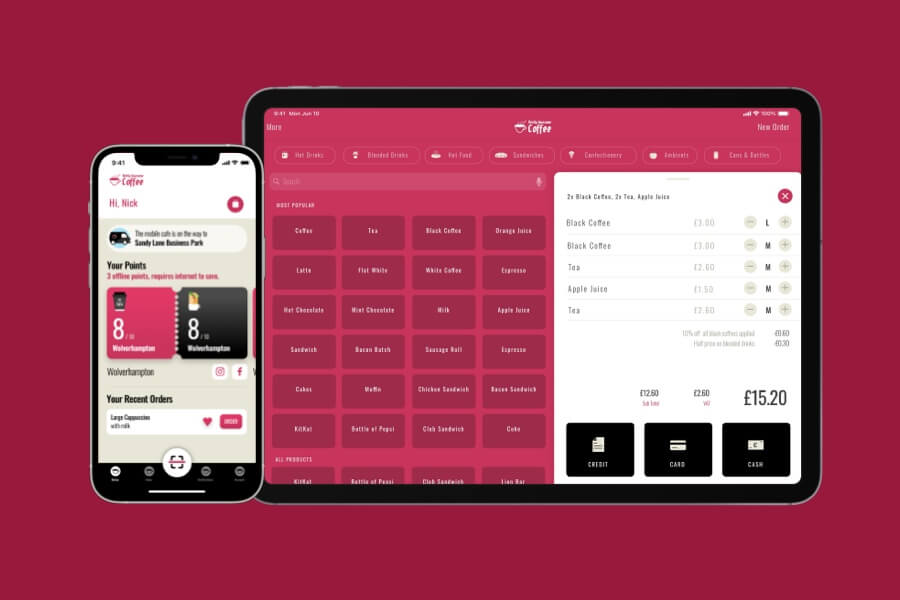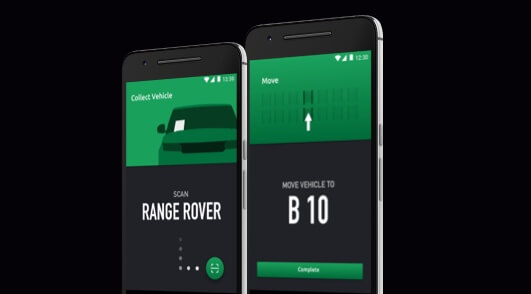Frequently Asked Questions
What are cognitive technologies in app development?
Cognitive technologies combine AI, machine learning, and language understanding to give apps the ability to perceive, reason, and adapt. Unlike traditional apps, they learn from data and evolve over time, offering more personalised and intelligent functionality.
How do AI and cognitive services enhance mobile apps?
They enable real-time decision-making, personalised content, and intelligent automation. Examples include voice-based assistants, smart search, predictive typing, and adaptive forms—all improving user experience and business efficiency.
What’s the role of machine learning in cognitive apps?
Machine learning enables apps to identify patterns in data, make predictions, and adapt based on user feedback. This means your app gets smarter with use, delivering better results over time.
How do you integrate NLP into mobile applications?
We use NLP platforms like Dialogflow or OpenAI to understand user intent and generate context-aware responses. These tools enable natural conversation, voice commands, and language-based recommendations while ensuring accuracy and data privacy.
What tools or frameworks do you use for cognitive app development?
Our team works with TensorFlow, CoreML, Dialogflow, OpenAI, and other AI development frameworks depending on the project scope. We select the right tools based on performance, scalability, and your app’s specific goals.
How secure are AI-powered cognitive apps?
We follow best practices in encryption, data governance, and GDPR compliance. Our apps include audit trails, access controls, and secure data processing to protect user information and model integrity.
What industries benefit most from cognitive apps?
Sectors such as healthcare, finance, logistics, and retail all gain value from cognitive technologies. Whether automating support, predicting trends, or improving workflows, any data-rich business can benefit from a cognitive app solution.


